Environmental Technologies and Operations I.- Water and wastewater treatment technologies - RKXKM1ABNF
Academic year/semester: 2024/25/2
ECTS Credits: 4
Available for: All OU students
Lecture hours: 1
Seminarium:-
Practice: 2
Laboratory: 0
Consultation: -
Prerequisites: RKXKE1ABNF
Course Leader: Rita Kendrovics-Boda, Ph.D
Faculty: Rejtő Sándor Faculty of Light Industry and Environmental Engineering, 1034 Budapest, Doberdó utca 6.
Course Description:
The course objective is to show water (drinking) and wastewater treatment technologies and the
requirements of drinking water, law and standard of drinking water and cleaned wastewater. The
first aim of this course is to provide technological knowledge about advanced drinking water
treatment. Focus is on both, conventional and new, emerging technologies. The course discusses
relevant unit processes involved, and their role and location in a typical treatment chain. Physical,
chemical and biological unit processes will be covered in the course. Further emphasis is on the
effect of treatment on water quality and the transformations taking place in the water phase.
The second aim of this course is to describe wastewater definition, types of wastewaters, and
components of wastewater and sewer systems. Introduces wastewater treatment steps: Pretreatment, Primary, Secondary and Tertiary treatment steps and available technologies within each
step.
Highlights treatment technologies and reuse of sludge remaining in large volumes at the end of the
treatment process.
Competences:
− Comprehensive knowledge of the basic features and interrelations of environmental elements and systems, as well as of the environmentally harmful substances affecting them. − Knowledge of major environmental technologies, equipment and structures associated with each technology, including the functioning and operation thereof. − Able to perform basic tests of the quantity and quality characteristics of environmental elements and systems by state-of-the-art measuring instruments; to draw up and implement measurement plans; and to evaluate data. − Able to solve tasks of water, soil, air, radiation, and noise protection, as well as of waste treatment and processing at proposal level; to participate in preparing decisions; to perform authority audits; and to take part in the operation of these technologies. − Able to carry out management duties subject to sufficient professional experience. − Able to reveal deficiencies in the technologies applied and process risks and to initiate mitigation measures after getting familiarized with the technology concerned. − Constantly upgrading their knowledge of environment protection by attending organized professional development training courses.
Topics:
Week 1
Lecture: Introduction – the origin of wastewater, the types of wastewater. Compositions of wastewater.
Week 2
Lecture: Collection system of wastewater.
Week 3
Lecture: Preliminary treatment technologies.
Week 4
Lecture: Primary treatment – Sedimentation.
Week 5
Lecture: Secondary treatment - Biological treatment.
Week 6
Lecture: Tertiary treatment - Nutrient removal.
Week 7
Lecture: Disinfection.
Week 8
Lecture: Membrane technology.
Week 9
Lecture: The types of sewage sludge and treatment.
Week 10
Lecture: Sewage sludge uses in agriculture.
Week 11
Lecture: Operation of BKSZT – presentation of the Budapest Wastewater Treatment Plant’s operation.
Week 12
Lecture: Natural wastewater treatment.
Week 13
Lecture: Decentralized wastewater treatment.
Week 14
Lecture: Summary, pre-exam.
Assessment: Attendance: compulsory Test papers, measurement records, reports, etc. (number, date) 1. Essay (15 points) 2. Presentation of essay (15 points) Methods of qualification: Basis of exam’s marking: − attendance at lectures, − passing written examination (70 points, minimum 40%) at the end of the semester, − submit essay and present it. Marking: max. 15+15+70 points for essay + presentation + written examinations = 100 points 0-40 points: fail (1), 41-55 points: pass (2), 56-70 points: satisfactory (3), 71-85 points: good (4), 86-100 points: excellent (5) In case of mid-semester mark fail (1), correction opportunities are available according to 17§(6) of Education and Examination Regulations (TVSZ).
Exam Types:
Written Exam
Compulsory bibliography: 1. Nicholas P. Cheremisinoff, Ph.D.: Handbook of water and wastewater 2. treatment technologies, ISBN: 0-7506-7498-9, in e-learning system 3. Dr. Michael R. Templeton, Prof. David Butler: Introduction to wastewater treatment in elearning system, bookboon.com, 2011., ISBN: 978-87-7681-843-2 4. Frank Spellman: Water and Wastewater Treatment, Taylor & Francis Inc, 2012, ISBN: 9781439854006
Recommended bibliography: -
Additional bibliography: -
Additional Information: -



